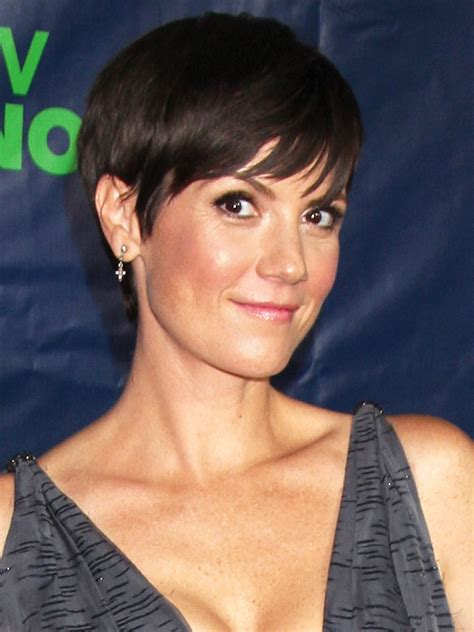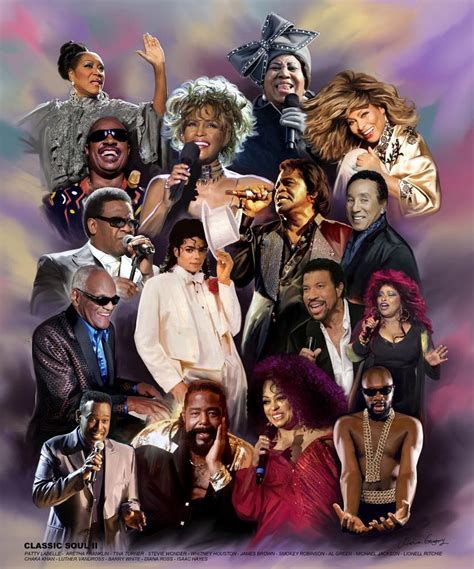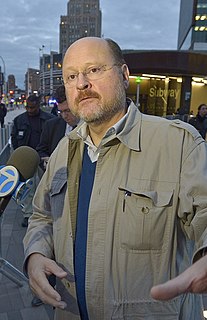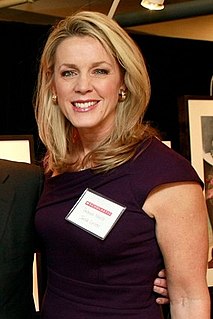A Quote by Nancy Dubuc
We'd all like to be in the business where we don't have to report our numbers, too. You're dealing with a Netflix and an Amazon that don't have to report their viewership. They're not sharing those numbers, so how do you work with a creative entity to renegotiate future seasons when nobody has metrics?
Related Quotes
Okay, look at it this way: if the evening news has a very high probability of being accurate, then it's highly improbable that they would inaccurately report the numbers chosen in the lottery. That counterbalances any improbability in the choosing of those numbers, so you're quite rational to believe in this highly improbable event.
The first Friday of every month is what we call Numbers Day - it's the day that the Bureau of Labor Statistics releases the monthly jobs report. We have a ritual at the Labor Department - at 8 A.M., we gather around a table in my office, and the commissioner of labor statistics briefs me and the department's senior leadership on the numbers.
What was unique about me being in City Hall during the Giuliani Administration, I was the only one who wasn't an attorney. I may have been the only one who didn't work in a prosecutor's office. So I took a completely different point of view on how the city should be run. Very close to a business, very close on metrics and numbers.



































